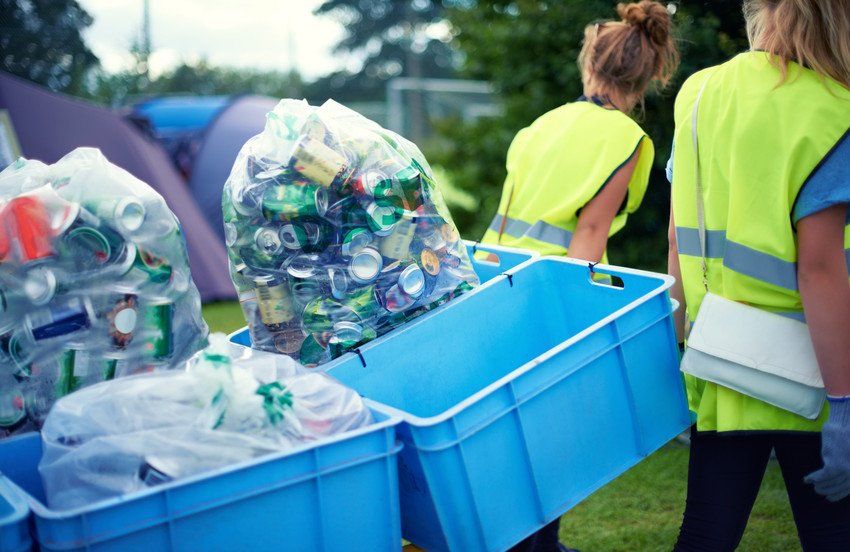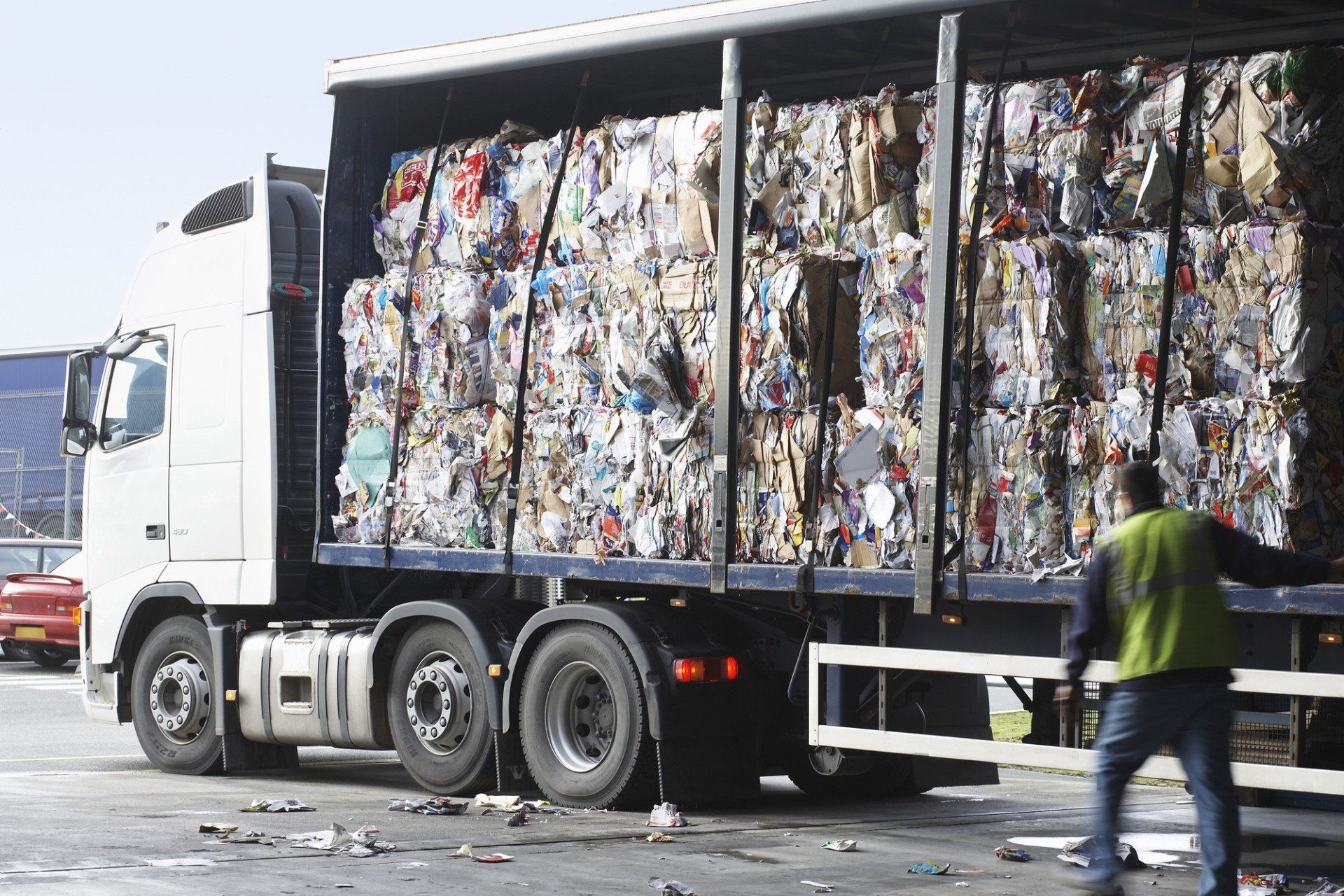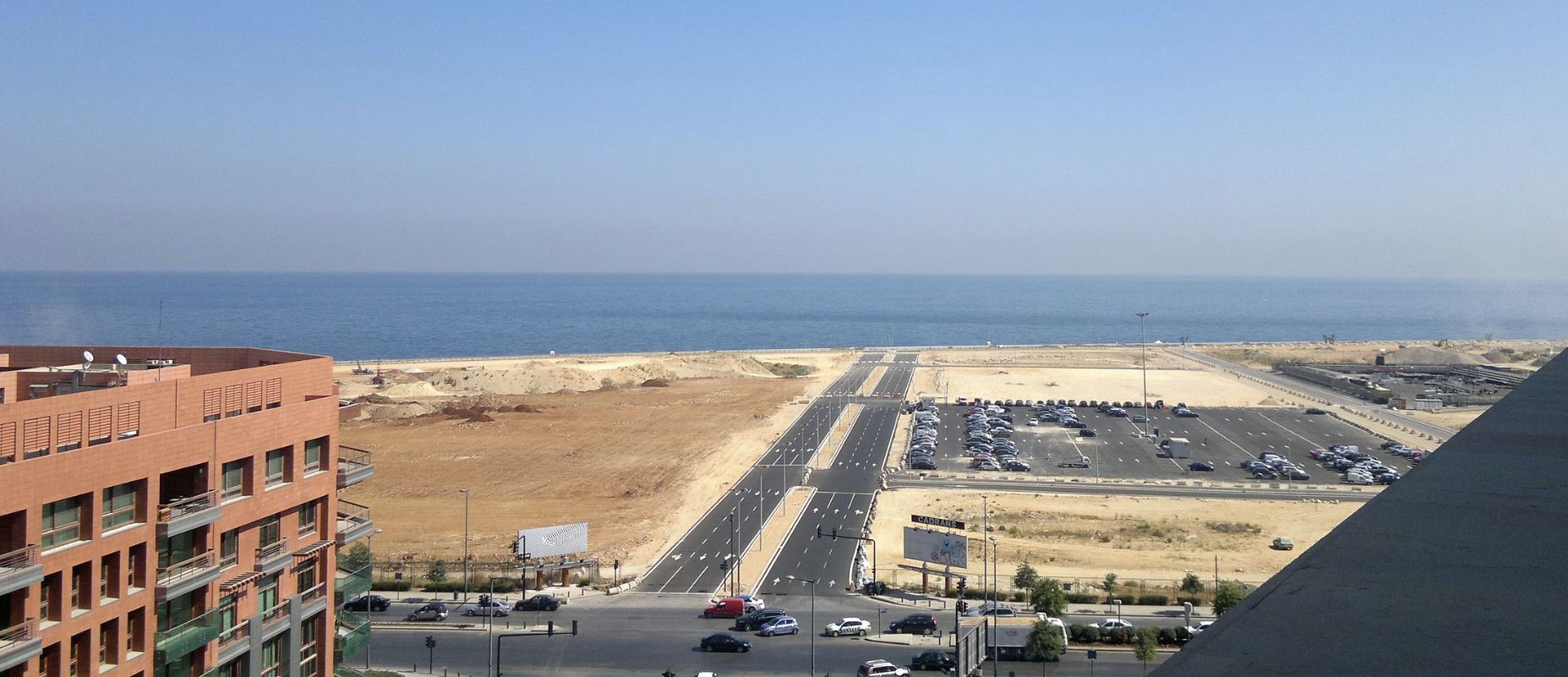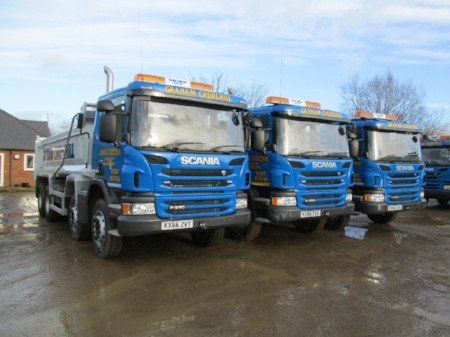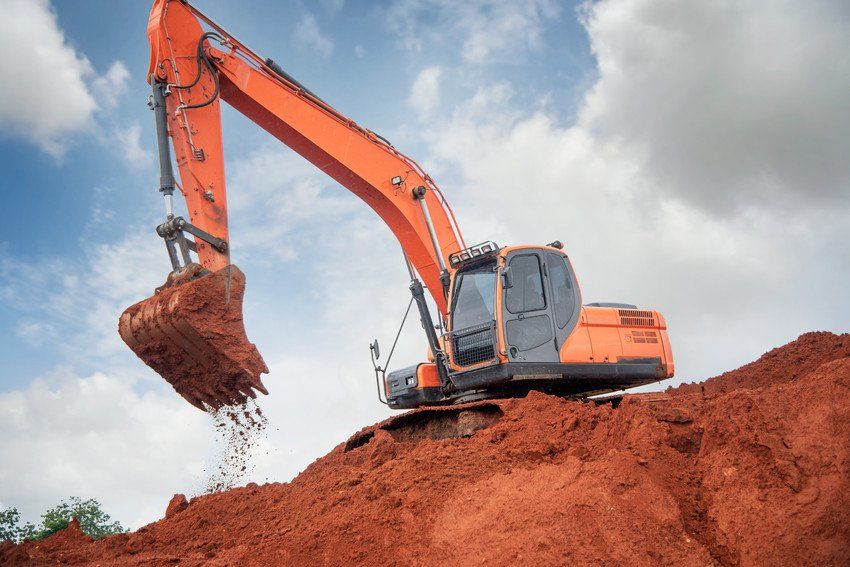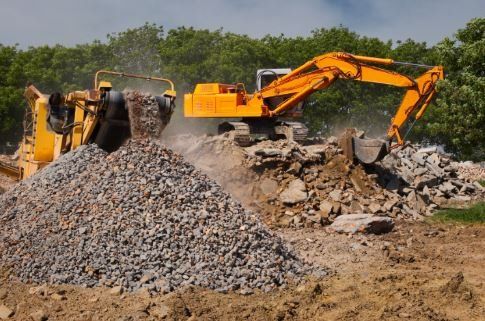Incredible Innovations Within the Recycling Industry
- By Graham Churchill
- •
- 12 Jul, 2019
- •
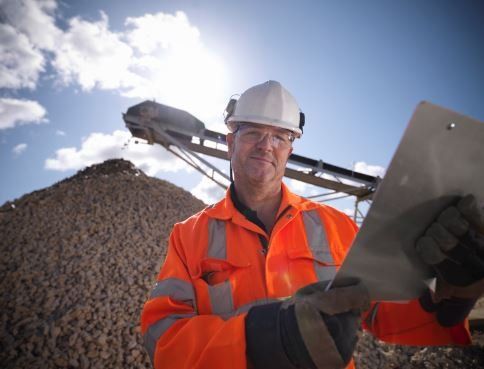
Recycling has come a long way in the past few years. As global warming becomes more and more obvious, people are beginning to focus on what they can do to eliminate rubbish and to redefine solid waste management.
It’s the responsibility of everyone on the planet to work on recycling. We all have a stake in how things turn out for our planet, so it’s important that we focus on how we can improve it. With things like plastic and concrete and tin sticking around for many years, it’s important to learn to recycle it.
Waste Management
Waste management has always been a tricky area, because you have to move rubbish from one place to another. However, as we learn more about how to recycle, it becomes more feasible to break down the waste and turn it into something useable.
It’s also simpler for individuals and companies to look at local skip hire for their waste management. This allows homeowners to fill a skip with their no longer needed items, instead of simply hauling them to the nearest landfill site to drop everything off. However, the biggest change has been in construction waste management.
At one point, construction companies had to find areas to just dump their rubble and excess dirt. Now, it can be put to good use. When a building is demolished, the concrete is taken to be recycled and crushed. It is then formed into aggregates, which can be used in construction. Since the rubble can be broken down as much or as little as necessary, you can end up with a wide variety of aggregates that are available in different grades for use in a number of different construction areas.
Recycled aggregates include everything from soil to filler, including:
- Sand
- Topsoil
- Crushed stone
- Crushed concrete and tarmac
You’ll find other options, as well, but if you are trying to mix concrete for a construction project, you may find that these recycled options are more economical than others. In addition, you’ll be helping the environment, since tarmac and concrete tend not to break down very quickly.
Waste Recycling Innovations
Many countries are now looking at new ways of using recyclable items. Plastic, for example, is a big pollutant on the planet and it comes in everything from packaging to toys. Even in the world of construction, plastic abounds. The problem is, this petroleum-based product doesn’t break down in nature and it is the cause of some pretty unpleasant deaths among animals, particularly sea creatures.
Fortunately, we’re developing new ways to incorporate waste into recycled materials that work for us. Here are a few examples:
In several countries, including the UK, plastic waste is being turned into roads. Plastic is broken down into small bits and then mixed into the hot asphalt and used to lay roads. The plastic melts right into the mixture and becomes an integral part of it. There are several advantages to this method.
Firstly, plastic doesn’t break down, so it helps hold the road together. It means that there will be fewer cracks, potholes, and general wear and tear on the roads because they hold up to traffic much better. The plastic also tempers the bitumen and helps protect it from the heat and friction from wheels.
Finally, the plastic fills up the small holes in the road and makes it far more resistant to water than regular asphalt. This means potholes aren’t as likely to form. The overall life of this type of road has yet to be tested, but so far, it looks like these plastic roads will easily outlast the other types.
In some countries, recycled waste is actually used as fuel for homes. It’s a simple way to eliminate the waste while burning it for fuel. To prevent issues with environmental pollution, these waste products are usually burned at a very high rate to ensure they are completely burned up and only certain products can be used to avoid releasing chemicals into the air.
When it comes to organic waste, more and more cities are offering compost sites. Cardboard, paper, soil, and grass clippings, as well as other biodegradable items, can all be dumped there and turned into compost. Due to the highly efficient methods used, the compost is produced rather quickly and helps everything break down faster.
The resulting compost can either be sold or used in municipal projects, such as community gardens. It’s a good way to keep waste out of the landfills and to help it benefit the planet faster than if left to rot on its own.
Roads from Crushed Concrete and Bricks
When your construction site has too much masonry that has been half-ruined, it can be crushed and used to create bases for roads and even foundations for highway projects. What originally looked like a disaster can be quickly turned into something useful and helpful to the environment.
The best part about this is that even mixed materials that include rocks, bricks, and concrete, can be crushed for use as aggregates in the laying of roads. They don’t even need to be separated and can be used as-is to create the cushion that allows highways and streets to flex a bit as traffic moves over them.
Construction sand is becoming a rare commodity in some places at this point. Recycling existing concrete and products from construction and demolition can turn old products into sand and quickly recover the missing sand needed for further construction projects. In countries where sand is expensive and difficult to come by, this could be the ideal solution and provide a way to reuse rubble and old masonry without simply dumping it into landfills where it would sit for many decades.
More and more ways to recycle items are being discovered as scientists dive into the project. There is so much rubbish in the world that it would be a very good thing to reuse some of it. The more we can recycle, the less our impact on the planet.
How You Can Get Involved
The simplest way to start getting involved is to ensure that you have skip hire services whenever working on a construction site. There are so many materials that will go to waste if they aren’t recycled, so look for a company that will take all your rubble and turn it into something useful. For example, if you have to pull out a lot of concrete or bricks, you can make sure that you are sending it to a company that will use it as an aggregate.
You can also make a point of buying aggregate and recycled topsoil for your construction projects. This helps prevent new materials from being used and it also helps grow the recycling industry by funding it. The end result is the same, but you get lower prices and help the environment. It’s a win-win situation.
Another way you can start using recycled items is by looking for used or preowned construction items, like windows, doors, and even bathtubs, etc. These are all items that have been taken out of a home and then sold. They are usually in excellent condition. Alternatively, you could sell anything like this that you pull from a demolition project. Windows, faucets, doors, and even siding and flooring can all be reused if care is taken with the removal.
Remember that we only have one planet and while you’re saving it, you can also save some money. Construction companies are in a unique position to really do some good, because they can use all kinds of recycled products in the building of the home or office and it doesn’t affect the outcome of the end project. In fact, you’ll find that it is just as high quality as if you used brand new products.
If you are serious about making sure that recycling is part of the world of construction, then team up with a company like Graham Churchill to start reusing items and products. There’s no shortage of recycling options in the world, we just need to make use of them.
Are you looking for skip hire or want to start using recycled materials in your construction projects? Contact Graham Churchill and find out how we can help you save the environment today.

